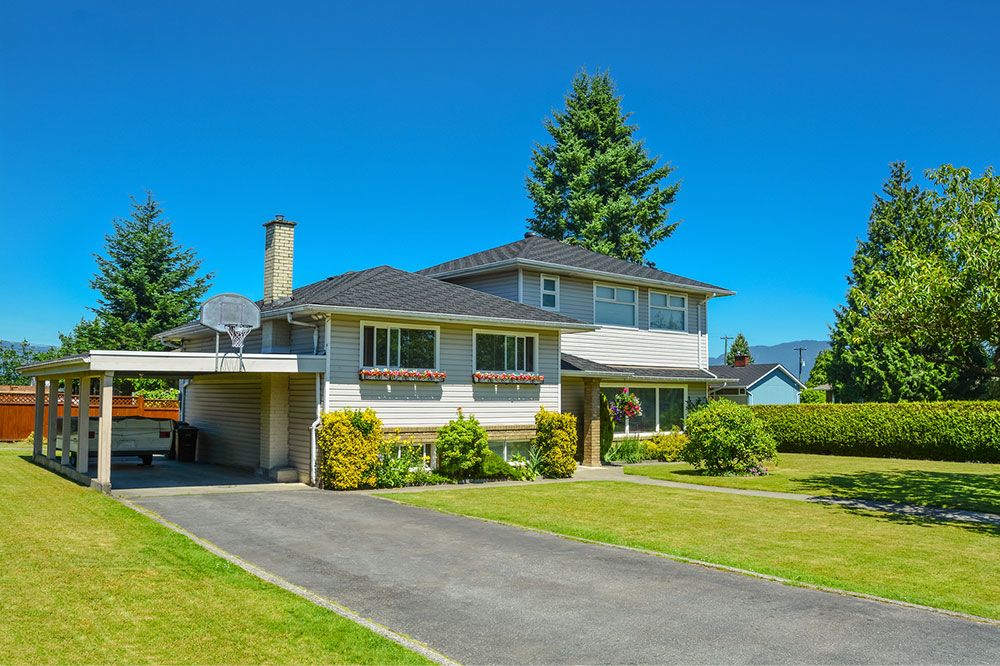Essential Guide to Housing Support Options for Elderly Citizens
Explore essential housing assistance options for seniors, including the popular Section 8 Housing Choice Voucher program, eligibility requirements, application procedures, and additional government resources such as Section 202, LIHEAP, and home repair initiatives. These programs are designed to provide affordable, safe, and supportive housing solutions tailored for elderly citizens, helping them maintain independence and stability in their later years.
Sponsored

Ongoing increases in housing costs have made affordable housing harder to find, especially for seniors facing greater financial strain. To help ease this burden, government programs like subsidized housing offer assistance for eligible elderly residents. The most well-known is the Section 8 Housing Choice Voucher program from the Department of Housing and Urban Development (HUD). Other programs include LIHEAP, public housing, and home equity conversion mortgages (HECM).
Section 8 Housing Assistance Program
This federally funded initiative provides rental vouchers to qualifying individuals, enabling access to safe, affordable private housing. It primarily aims to support seniors, individuals with disabilities, and low-income families. Unlike traditional housing schemes, this tenant-based system allows recipients to select suitable housing options within program limits. Once a property is chosen and landlord agreement secured, the local public housing agency (PHA) processes the lease, pays the landlord directly, and the renter covers the remaining rent disparity.
Voucher Amounts and Payment
Commonly, experts suggest allocating no more than 30% of monthly income to housing costs. The Section 8 vouchers help seniors afford rent beyond this threshold, adjusting voucher amounts based on income and rent agreements to ensure affordability.
Eligibility and Qualification
Eligibility depends on several factors, including income level, citizenship status, household composition, and background checks. Specific criteria include:
Financial Need
Applicants must have household incomes within local limits set by the PHA, which varies depending on city and regional median incomes.
Citizenship Status
Applicants should be U.S. citizens or have eligible immigration status.
Age Requirement
Typically, individuals over 62 qualify. Checking with the local PHA is recommended for detailed info.
Background Screening
Applicants must pass a criminal background check to be eligible.
Household size and composition must align with HUD’s family definition, including single-person households.
Application Process
Applying is free and can be done online or through the local PHA office, depending on location. Required documents include ID, Social Security number, proof of income, citizenship or immigration status, current residence, and landlord references.
Additional Support Services for Seniors
Beyond Section 8, several other programs assist elderly housing needs, such as:
Section 202
This program provides rental assistance in approved properties, promoting independent living. Some units offer help with daily tasks like cooking, cleaning, and transportation. It’s limited to seniors aged 62+.
Section 504 Home Repair
This initiative helps very low-income seniors upgrade and repair their homes to remain independent. Support comes via grants (for safety repairs) and loans (for modernization).
LIHEAP
Fuel costs can be significant, especially in winter. LIHEAP helps reduce energy bills and covers weatherization and minor repairs.
Veterans also have dedicated assistance options that cover various home and health services at assisted living facilities, although personal costs for housing remain the individual responsibility.
For comprehensive details on government-assisted senior housing and services, visit the National Resource Center on Native Americans Aging or consult local nonprofits and charitable organizations offering financial support and rent-controlled housing options nationwide.





